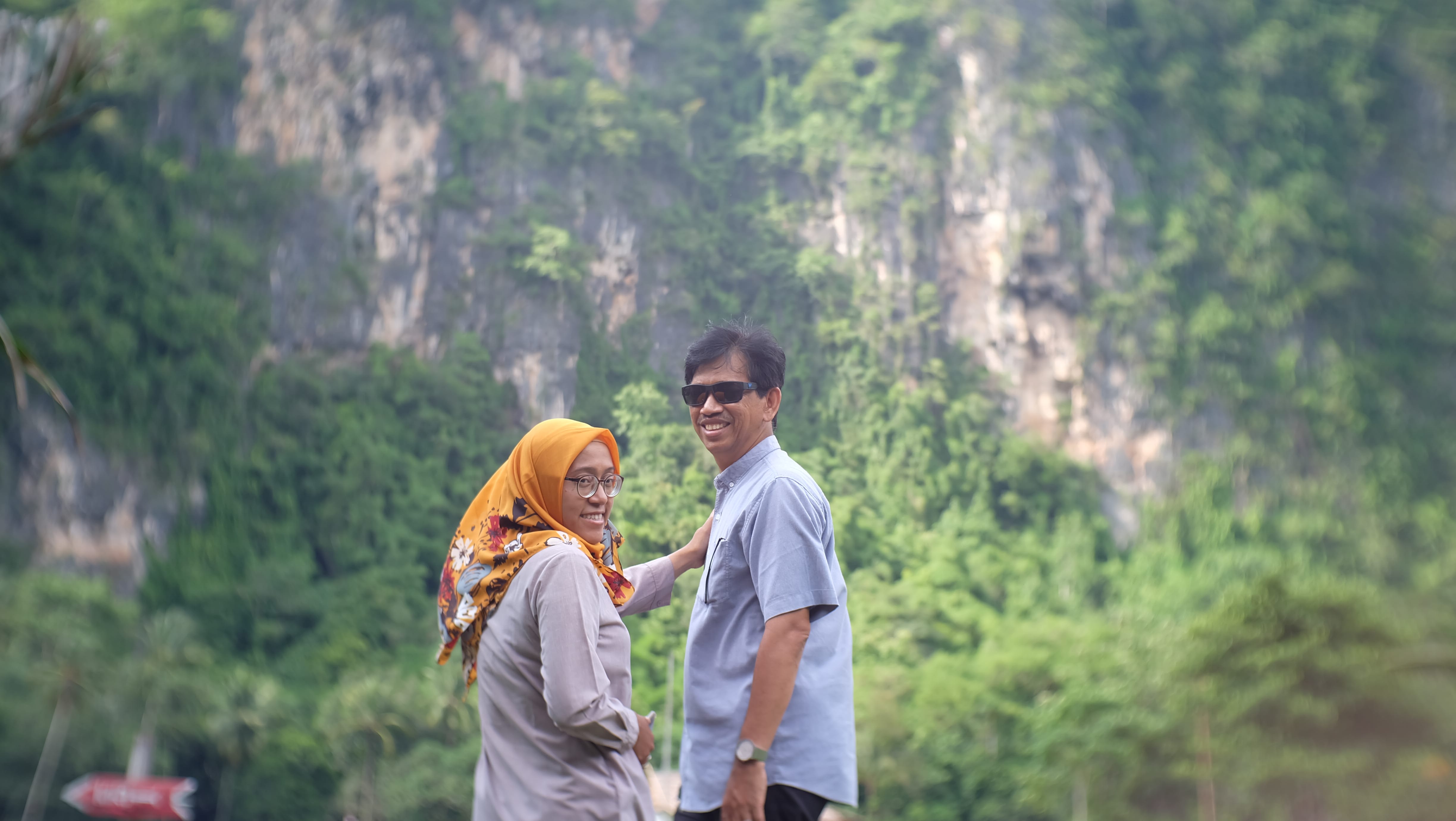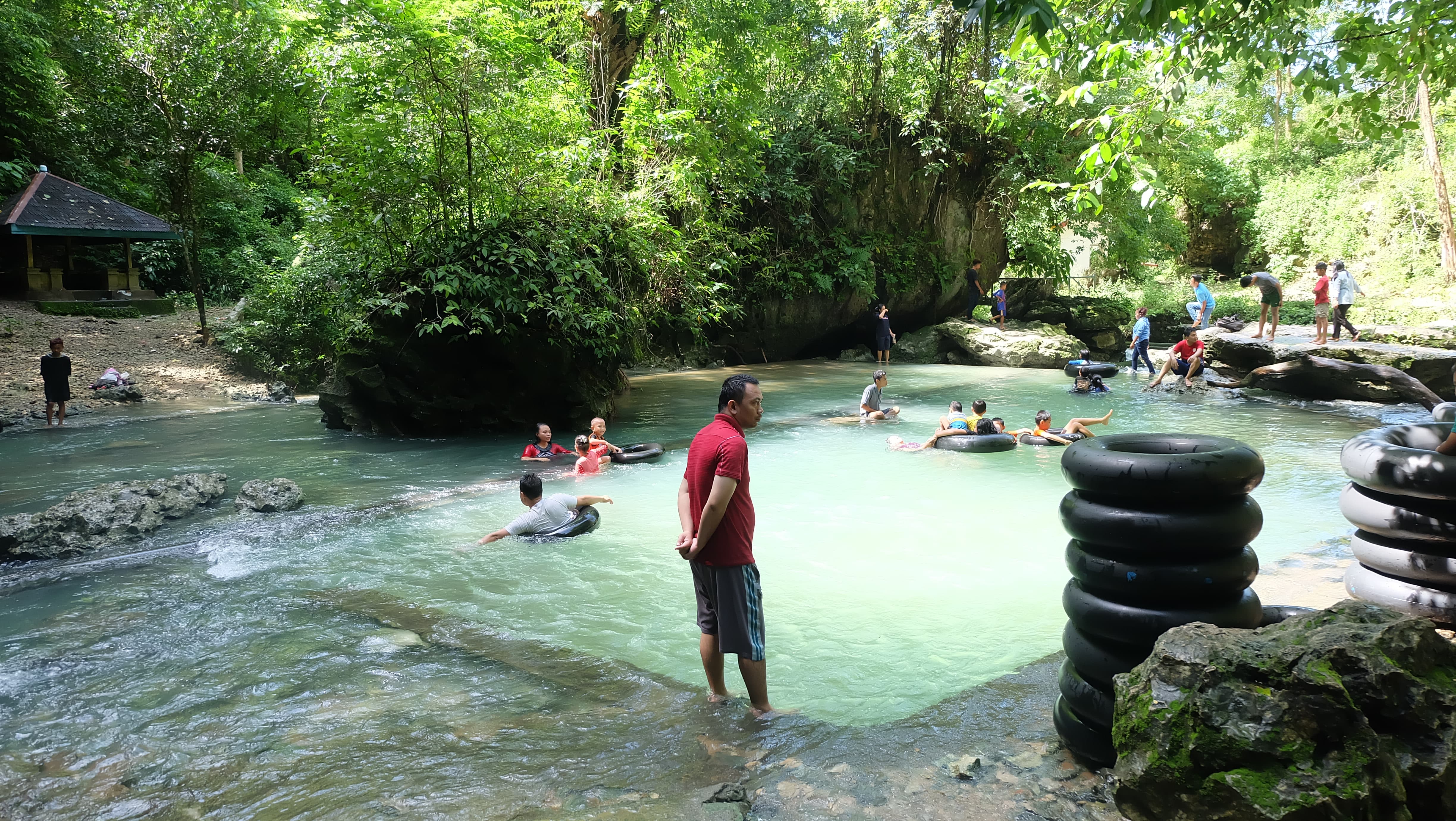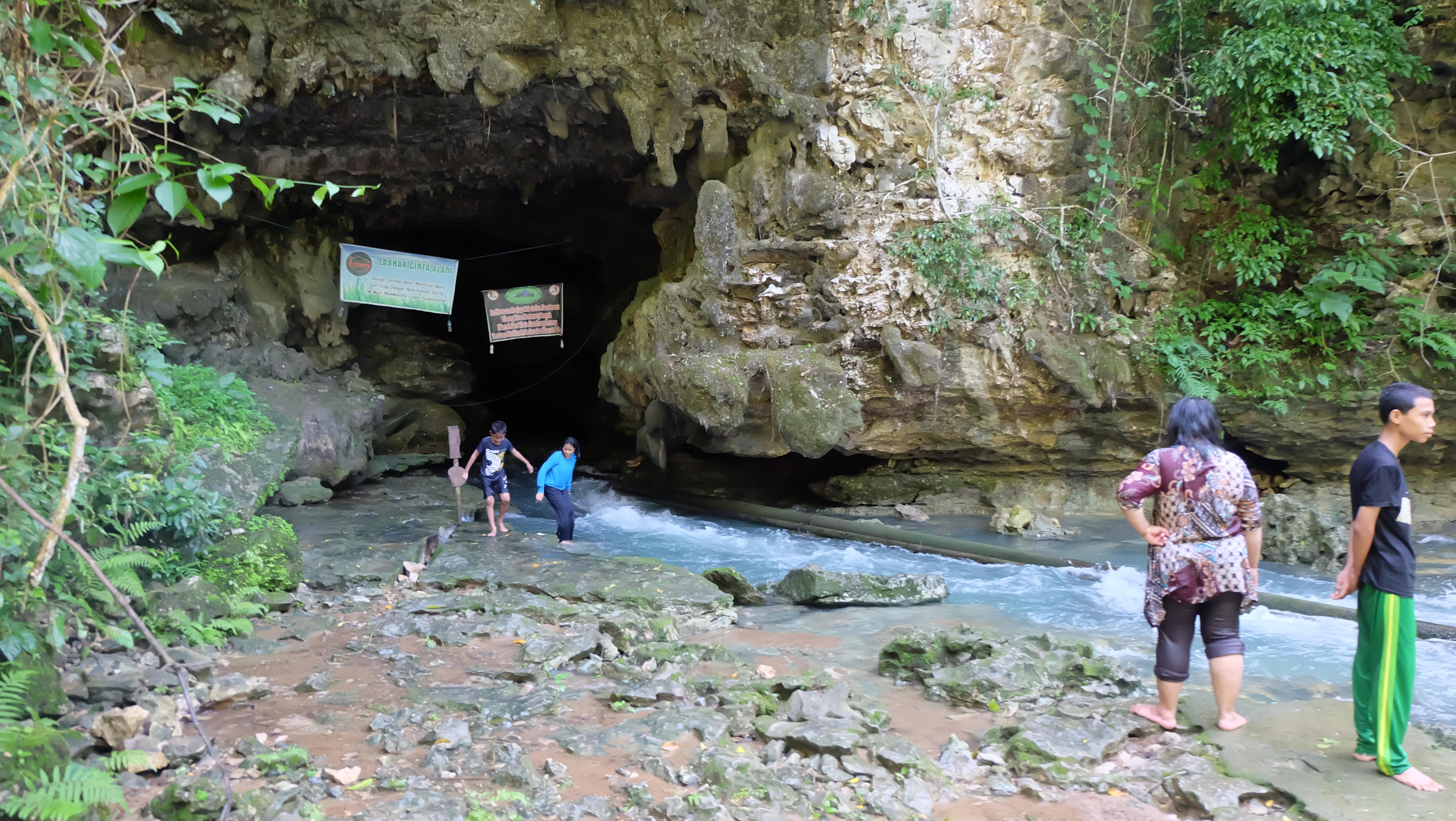Knowledge sharing
Knowledge sharing
Community based eco-tourism
Together with the Empower Youth for Work project team of Indonesia and the selected team of experts, we learned from the previous experience and evaluations that it is important to promote sustainability of exchanges when developing the solutions. With this in mind, EYW Indonesia laid their eyes on the community based eco-tourism (CBT), which is now booming and developing rapidly in Indonesia.
Focusing on two areas (Maros and Pangkajene Kepulauan), CBT is supported by the local government and will be managed by youth and local communities to develop tourism which benefit them and function as a hub that increases economic activities around the areas. It is envisioned that some of the CBTs will be designed to suit not only for domestic but international tourists specifically from Europe.
CBT enables the tourist to discover local habitats and learn about the society, celebrates and respects traditional cultures, rituals and wisdom. The way it designed will allow the young people and the community to preserve the traditional value on their natural and cultural heritage and at the same time considering the commercialization aspect through tourism.
So far, CBT has reached some exciting achievements:
- 1,297 youths (of which 395 were female) in Sulawesi were involved in the pilot development. For reference, the initial target of CBT Pilot Project was set at 212 youth beneficiaries and 1.090 total participants in activities.
- 191 youths (of which 103 were female) have received capacity building trainings on product development, tour guiding, hospitality, and management.
- 9 CBT tour products have been developed by the local youth. In addition to this, 4 local products were developed by the youths that could be sold (e.g. t-shirts and local food).
- A nearby national park and tourism office are supporting the CBT project by constructing tourism facilities.
- The pilot has a climate-friendly design, including mangrove planting and preservation, reducing waste and plastics, and energy-free activities (e.g. biking, rowing).
- More than 260 people visited a floating market festival organized by youth in Pangkep. The market engaged local communities around Limbangan, including boat owners, boat crew (taking the visitors for river cruising), and vendors of local food and craft. The event attracted a lot of media attention.
In November, 2019, four country teams from Empower Youth for Work project visited the CBT site in Barru. Have a look at our video!
(Video credit: Aminuddin , Barru District, South Sulawesi Province, Indonesia)
Reflection of Faqih from Oxfam Indonesia in 2020:











